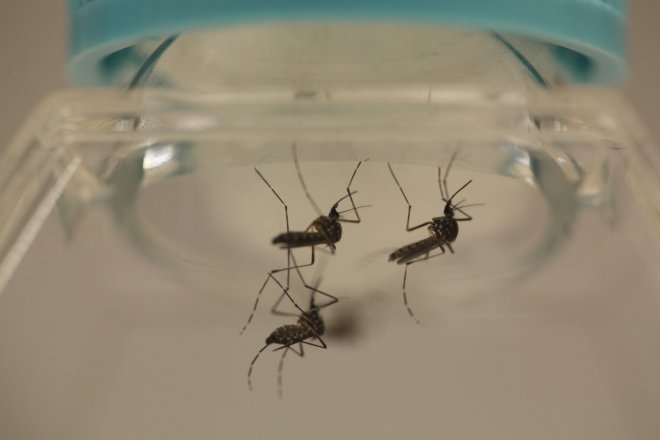
No evidence of super malaria virus has been found yet in Singapore, stated the Ministry of Health (MOH) on Monday, September 25. The infection, caused by a drug resistant parasite, has been threatening Southeast Asian countries like Vietnam, Laos, and Thailand.
"While there have been no cases of 'super malaria' infection in Singapore so far, MOH is closely monitoring the development of the 'super malaria' parasite situation in South-east Asian countries such as Cambodia, Laos, Myanmar, Thailand and Vietnam," said a spokesman from the MOH.
He further advised Singaporeans to refrain from visiting malaria-endemic countries, so that risks of infection are minimised.
The most alarming fact about super malaria is that it cannot be cured by the anti-malaria drugs currently available in the market.
Originally detected in Cambodia in the year 2007, super malaria has now spread to other Asian countries, with scientists alarmed by the possibility of an epidemic. Fast action is being planned before it can victimise populous countries like India and Africa.
In a letter published in Lancet Infectious Diseases, a research team from the Oxford Tropical Medicine Research Unit in Bangkok said that the spread of this disease "presents one of the greatest threats to the control and elimination of malaria."
Precautions against this disease include using mosquito nets while sleeping, applying mosquito repellent creams, and wearing long-sleeved clothes. Avoiding stagnant water and keeping proper hygiene in the house and streets can also be effective. People are also encouraged to consult doctors before making travel plans.
The super malaria is the most recent in a long list of diseases that have plagued Southeast Asia in recent years, such as malaria, dengue, Zica virus, Nipah virus, Chikungunya fever, Japanese encephalitis, etc. Recently, a diphtheria case was recorded in Singapore, a disease last seen there in 1992.
In such perilous times, the decision to implement biometric scanners for immigrants at land checkpoints might prove helpful in keeping medical records and ensuring the safety of Singaporeans.









